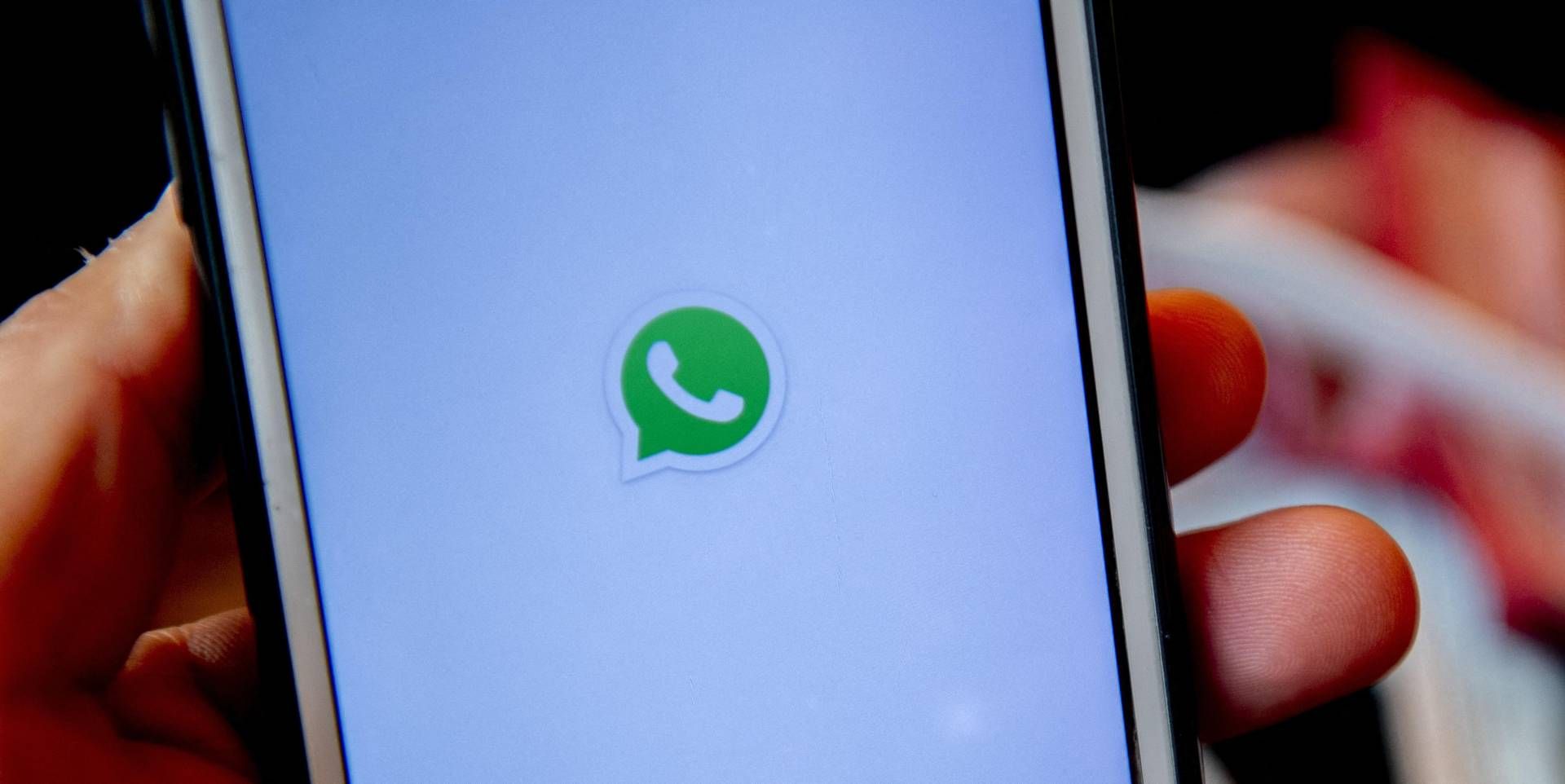The European Union is moving to promote greater interoperability between Apple systems and those of competitors. Last Wednesday, the Commission presented draft recommendations to Apple that aim to make the iOS operating system more compatible with third-party devices such as smartwatches, earbuds and headphones. The Commission also proposes measures to improve Apple’s communication with developers requesting interoperability with iOS and iPadOS, increasing transparency on internal processes and the reasons for any refusals.
As you might expect, Apple has expressed concerns about the DMA’s interoperability requests. In a white paper published following the Commission’s announcement, Apple criticized “data-hungry companies” like Meta, which have submitted numerous requests for access to the iPhone maker’s software tools. In the document, Apple states that “Meta has made 15 requests (and counting) for potentially expanded access to Apple’s technology stack that, if granted, would reduce the data protections our users expect from their devices. “. Apple argues that “if forced to allow access to sensitive technologies that it does not have the ability to protect, the security risks would be substantial and virtually impossible to mitigate.”
Apple does not specify which DMA proposals are contested, generalizing the risk to user privacy. In turn, Meta has rejected Apple’s accusations, claiming that the company is exploiting the issue of privacy to hinder competition. The debate raised by the European Commission’s requests highlights the complex relationship between interoperability, innovation and personal data protection. The European Commission is currently collecting feedback from several companies to assess the possible consequences of the proposed measures. The outcome of this process will have a significant impact on the future of the digital ecosystem and the relationship between technology giants and European institutions.









